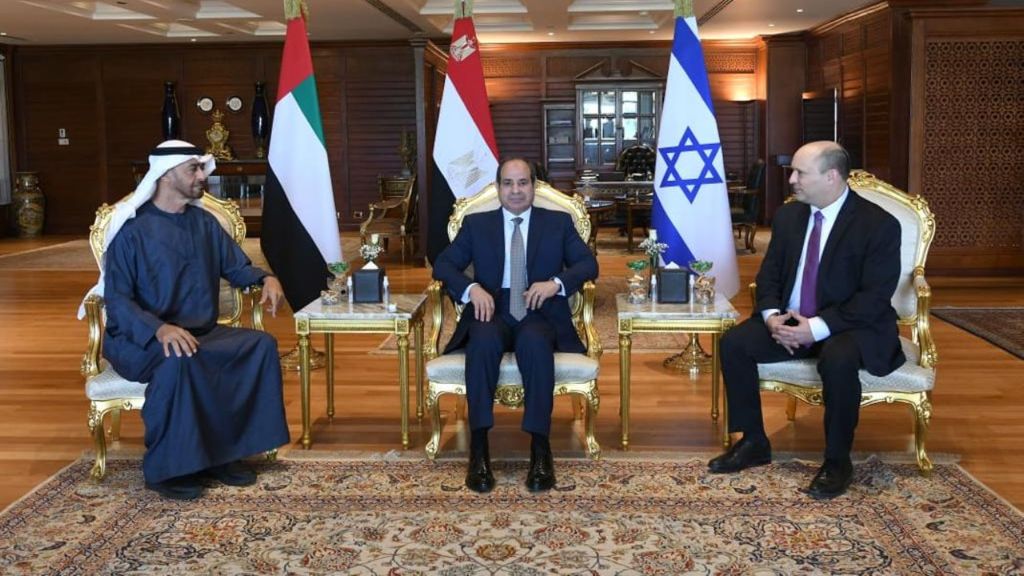On March 23rd, 2024, a high-level summit in Cairo brought together the presidents of the United Arab Emirates (UAE) and Egypt. Sheikh Mohamed bin Zayed Al Nahyan and his counterpart, Abdel Fattah El-Sisi, convened to solidify the strategic partnership between their nations and navigate the complexities of the Middle East.
The discussions centered on bolstering bilateral relations across economic, developmental, and political spheres. Both leaders acknowledged the already strong bonds between the UAE and Egypt, built on a foundation of mutual respect and shared interests. The summit aimed to further solidify these ties, fostering collaboration that benefits both countries and their citizens.
Economic cooperation emerged as a key focus area. The leaders explored avenues for expanding partnerships in various sectors, potentially strengthening trade and investment flows. Given the UAE's position as a regional economic powerhouse and Egypt's strategic location, the summit presented an opportunity to unlock further economic integration.
However, the agenda extended beyond bilateral concerns. Regional developments, particularly the ongoing humanitarian crisis in the Gaza Strip, demanded the leaders' attention. Both presidents stressed the urgency of delivering essential aid to alleviate the suffering of Gazans. They called for a robust international response to ensure the safe and unhindered flow of humanitarian supplies.
The Israeli-Palestinian conflict also featured prominently in the discussions. Sheikh Mohamed and President El-Sisi underscored their commitment to the two-state solution as the path towards lasting regional peace and security. They emphasized the need for a renewed international push towards a comprehensive, just, and sustainable peace agreement.
Beyond the immediate crisis in Gaza, the summit explored broader regional issues. The leaders exchanged views on challenges and opportunities facing the Middle East, potentially seeking areas for joint action to promote regional stability.
The Emirati-Egyptian summit served as a significant platform for strengthening ties and navigating the complexities of the region. The focus on economic collaboration, humanitarian aid, and the pursuit of peace in the Israeli-Palestinian conflict demonstrates a shared vision for a more prosperous and stable Middle East. The outcomes of the summit are likely to have a lasting impact on bilateral relations and regional dynamics.

